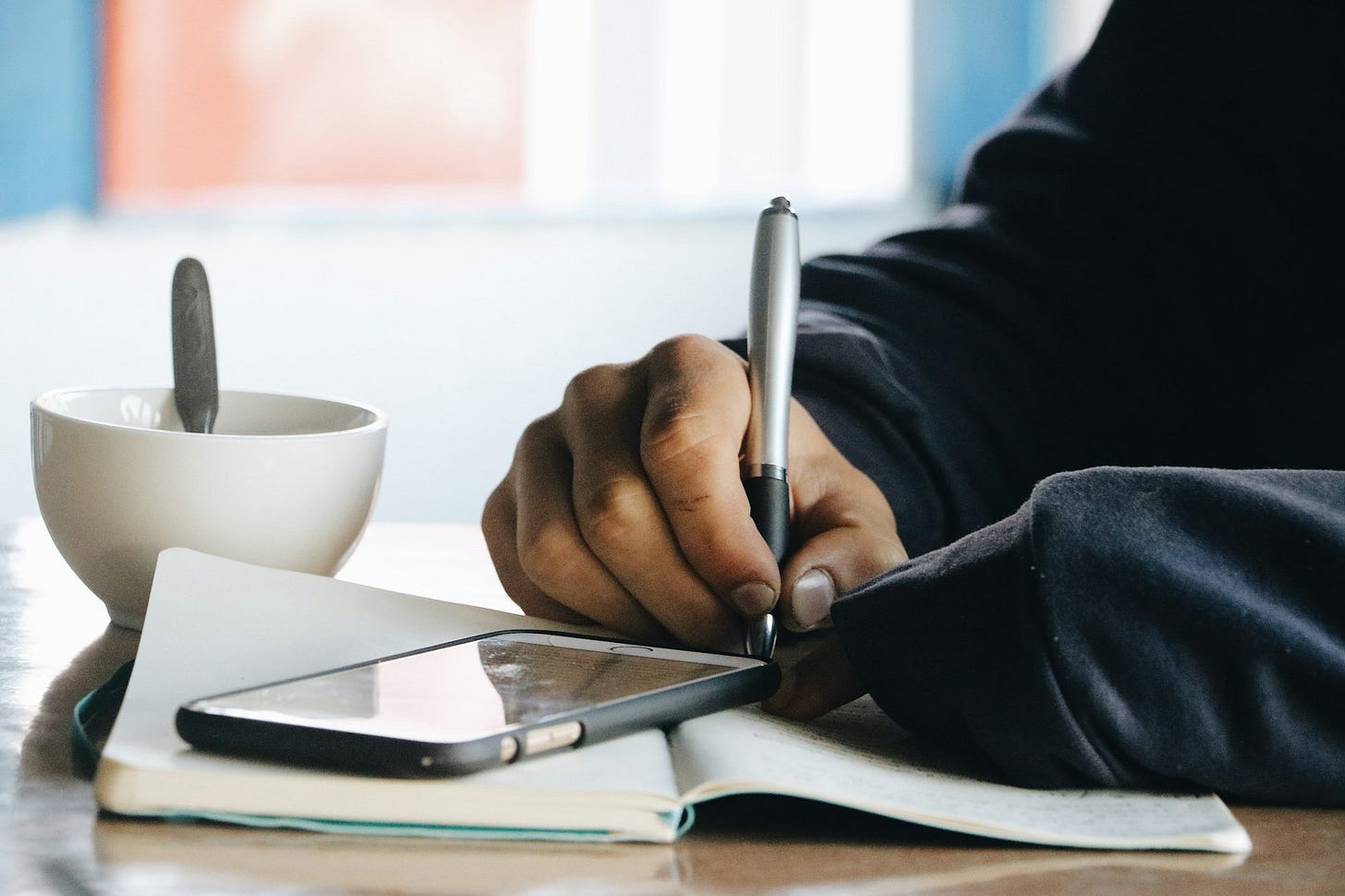My Amazing Painful Misadventures Through Digital and Manual Note-taking
Most of us have become so reliant on digital products we forget there is still value in manual notes. But you can do both!

Most of us have become so reliant on digital products that we sometimes forget there is still value in the analog process of manual notes. I'm here to say you can do b…

